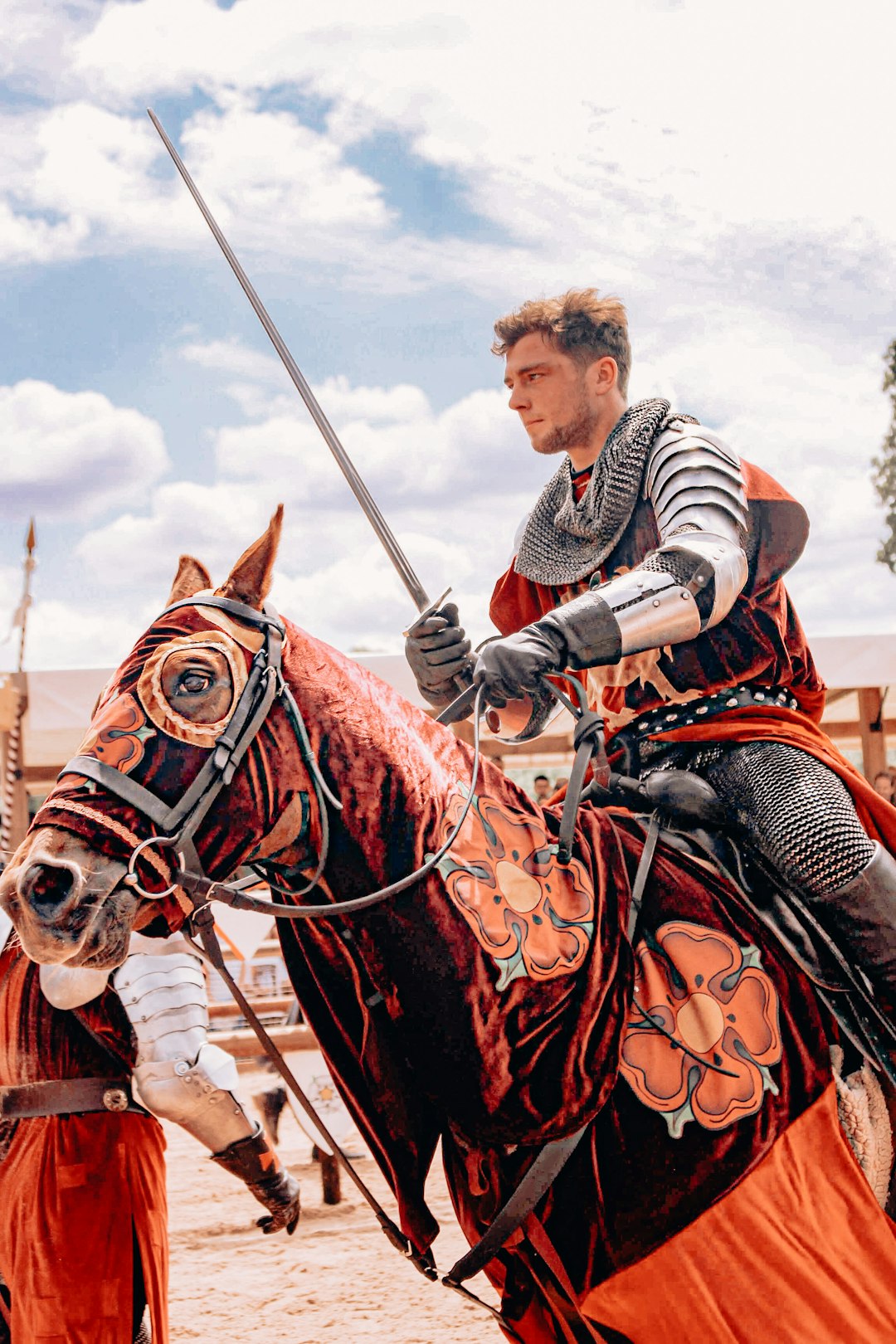
Last week, I outlined my aspirations for the Academy of Chivalry. This week I want to elaborate on one of the highest goals of our school: to train young men to be courageous.
But can courage be taught?
So long as one thinks of teaching in terms of a Certified Educational Professionals drilling concepts and information into …
Keep reading with a 7-day free trial
Subscribe to The Chivalry Guild Letters to keep reading this post and get 7 days of free access to the full post archives.


